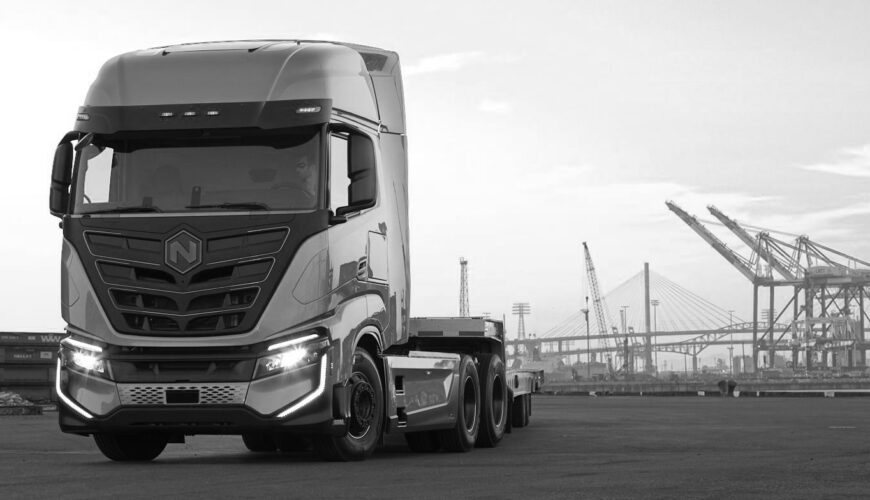EV truck manufacturer Nikola recently recalled their class 8 EV trucks due to battery fires. As the supply chain management industry pushes toward alternative fuels, setbacks are inevitable, something Nikola learned this week. The company filed paperwork with the National Transportation Safety Board (NTSB) to recall more than 200 Class 8 battery-electric vehicle trucks and temporarily halt BEV sales. The move followed two battery pack fires in a short span of time.
The first battery fire took place in June at Nikola’s Phoenix-based headquarters, damaging not only the BEV it belonged to but four adjacent trucks as well. Nikola originally suspected foul play in that incident, but after an investigation, determined it not to be the case. Instead, a coolant leak took place within the battery pack. A second fire took place in late July, again tied to a battery pack. The two incidents led to Nikola’s decision to recall its Class 8 trucks.
In the meantime, Nikola has recommended that customers and dealers switch the main battery disconnect to the “on” position, allowing for real-time monitoring. It also suggested that customers park the trucks outside to allow for over-the-air updates and better connectivity with its truck monitoring system. Outside parking also helps prevent fire spread should one begin.
Nikola isn’t alone in BEV recall, however. Volvo Trucks North America and Mack Trucks also recalled nearly all their BEV models, worrying about fires from batteries, although for different reasons. The concern for Volvo and Mack stemmed from suspected debris in their batteries, which can cause shorts and ultimately, fires. Volvo discovered evidence that a battery shipped to one of its assembly plants had caught fire during shipment. There was no spread from the fire, however, the battery maker issued a recall and investigation.
A History of Setbacks for Nikola
In the case of Nikola, the battery fires represent one in a long line of troubles. Founded by Trevor Milton, the company unveiled a line of hydrogen-fueled Class 8 trucks in 2016, purported to have a range of 1,200 miles. Generating buzz, Nikola claimed to have 7,000 pre-orders right out of the gate, followed by an order for 800 trucks from Anheuser-Busch as part of its plans to reduce carbon emissions by 25 percent by 2025.
By 2022, however, things began to unravel at the company as Milton was convicted of securities fraud. At issue were Milton’s claims that the company’s long-haul trucks could run emission-free on hydrogen. At one point, Nikola stock inflated to $80 per share, and the company was valued higher than Ford. After Milton’s conviction, the company agreed to severe financial penalties and its stock prices plummeted.
Since then, Nikola has struggled to regain much traction, although it did begin deliveries of its trucks in early 2022. The company also began reselling its EV charging products through a partnership, and today it remains on shaky ground. Fourth-quarter and full-year earnings in 2022 were down, even as the company finally began delivering its first BEV trucks. While the recent battery issues were unrelated to Nikola’s troubled past, they come at a time when the brand can ill afford bad publicity.


